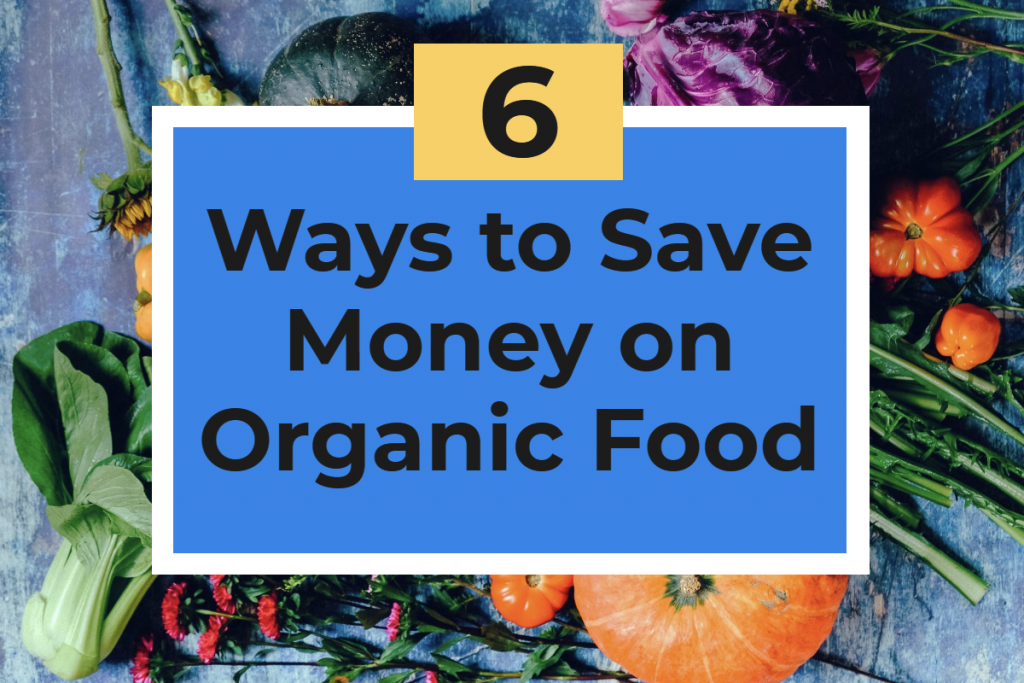
Only 3.3 million acres of US farmland yielded certified organic crops in 2019, which means less than one percent of the US farmland is dedicated to organic produce. At the same time, organic produce’s demand jumped by more than 50 percent during the initial days of the COVID-19 pandemic, and sales grew at a rate of 20 percent in the spring of 2020.
As more and more Americans begin to eat healthier, the demand for organic foods is increasing substantially. While the supply of organic produce is also rising, it is still not enough to cater to the surging demand. As such, the prices of organic groceries are higher than commercially grown products.
There are other reasons why organic foods are expensive, too. These foods have higher production costs and expenses associated with specialized post-harvest handling, marketing, and distribution. The good news is that there is a gradual increase in supply, so we can expect favorable pricing of organic foods over time. Until that happens, there are certain shopping tricks you can use to buy more organic foods without breaking the bank.
Read on to explore how you can get organic food on a budget.
Prioritize Your Purchases
Switching to a fully organic lifestyle may not be economically viable for many consumers. But by prioritizing your purchases, you can cut down your costs and minimize your exposure to the adverse health effects of consuming inorganic foods. For example, some fruits have skin that you can peel and discard anyway, including bananas and most citrus fruit. And then there are many vegetables that require little or no pesticides for growth. It is a good idea to use the Dirty Dozen and Clean Fifteen lists to prioritize your organic grocery shopping.
Buy Seasonal Produce
Buying produce that is out of season will cost you much more than in-season foods. As such, organic fruits and vegetables are cheaper when they’re in season. When you purchase seasonal produce, you can enjoy the benefits of organic food on a budget. Moreover, out-of-season produce isn’t always sustainable, because it is shipped from far off areas in many cases. This also means the fruits and vegetables would lose their freshness by the time they reach your plate.
Use an Organic Produce Boxes Service

Weekly fresh produce boxes can save you money in the long run. These services deliver fresh organic produce at your doorstep each week, saving you the time and money that you’d otherwise spend on supermarket trips each week.
Fresh fruit and vegetable delivery services provide enough of a supply to cover your needs for the whole week. Plus, most organic box delivery services give you the option to change the items you would like in your box each week.
Buy Frozen Organic Food
Frozen organic foods are generally priced lower than their fresh counterparts, offering a good alternative for going organic on a budget. While frozen produce may not have the same flavor as fresh fruits and vegetables, they have better nutritional value than inorganic foods. And, they’re free of the dangerous chemicals, fertilizers, and pesticides used to grow commercial foods.
Avoid Shopping at High-End Store
Luxury stores charge a premium for creating in-store experiences, which is why they’re best avoided if you’re shopping on a budget. Instead, choose to visit a budget-friendly store where you can get organic produce at favorable prices, especially when you make bulk purchases.
If you want to reduce your costs further, consider subscribing to an organic produce delivery service. Most of these businesses don’t operate physical stores. Instead, they take orders online and deliver fresh produce directly from the farm to your doorstep. Without the need for physical stores, they can reduce their overhead costs, allowing them to set reasonable prices for their products and pass savings along to customers.
Shop at Farmers’ Markets
Local farmers’ markets are good places to buy organic food on a budget. By choosing this option, you’ll not only get fresh, sustainable, and seasonal produce, but you’ll also support your local farmers. Just remember that many small farms can’t afford to get USDA Organic certification, which doesn’t mean their products are not organic. In fact, many farmers use better and more natural methods to grow organic crops than large businesses.
